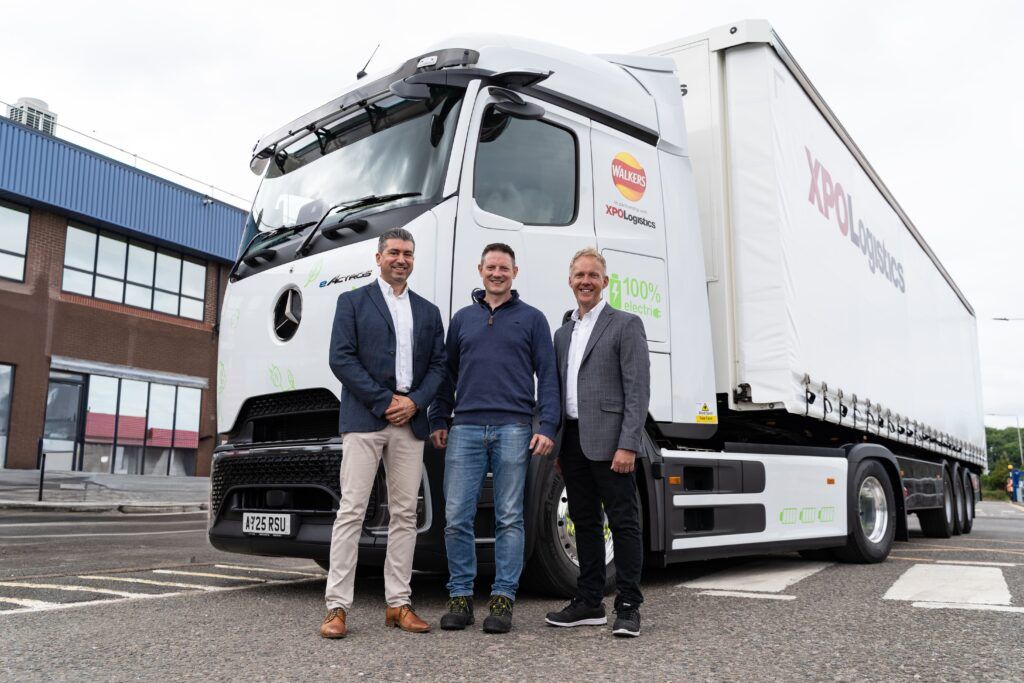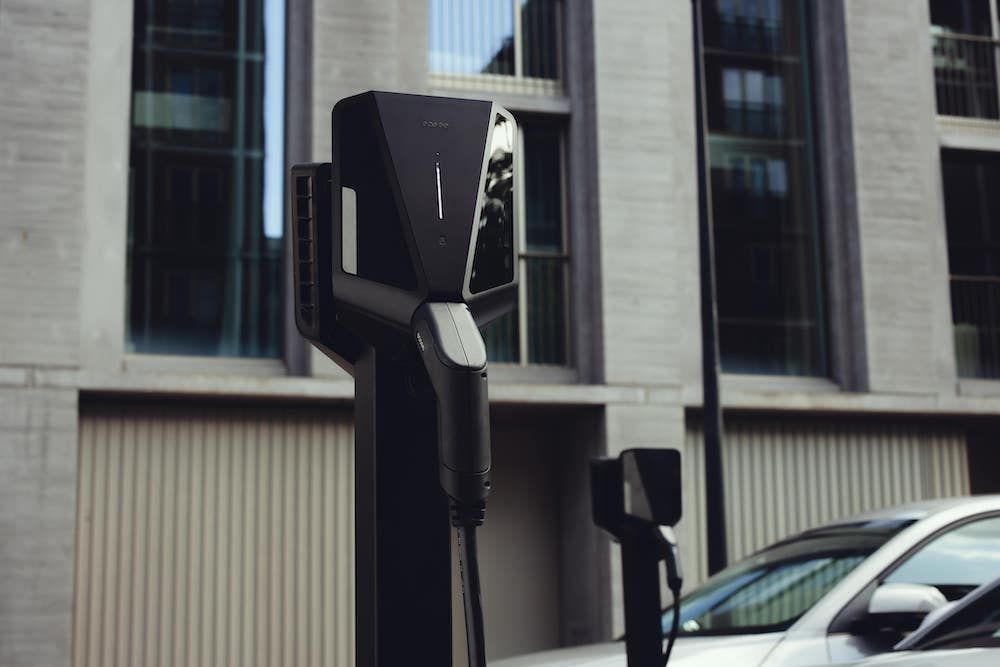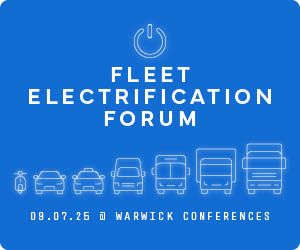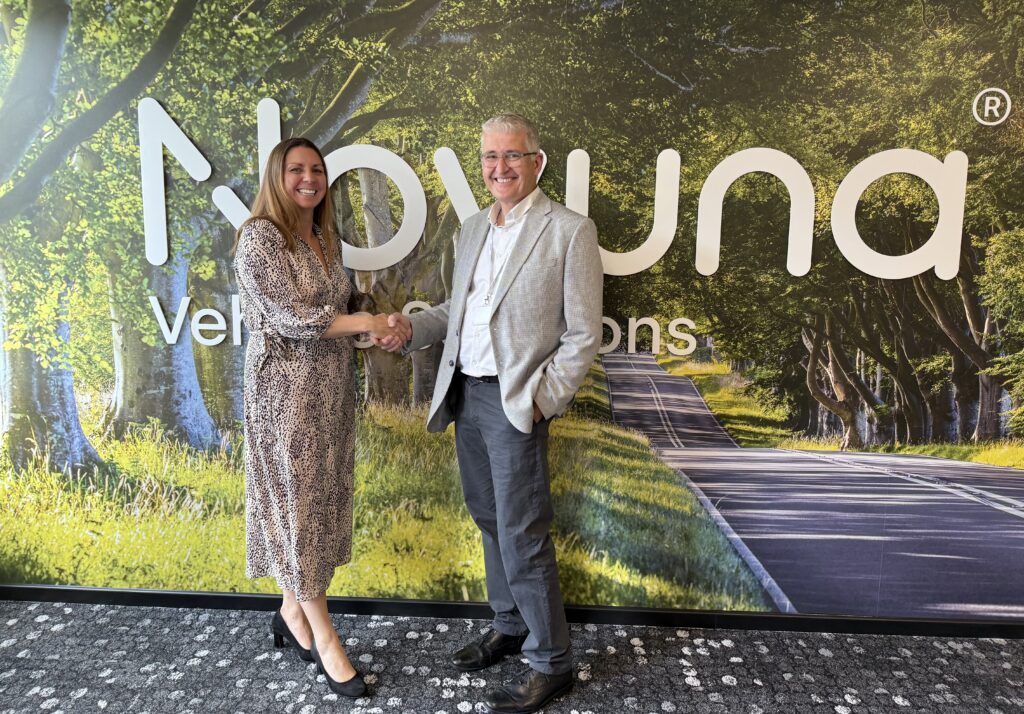The International Energy Agency (IEA) has outlined its plans for net-zero with seven key principles to meet the goal by 2050.
The move, supported by members during a net-zero summit ahead of Glasgow’s COP26 climate change conference in November, identified how to work together to reduce global greenhouse gas emissions and meet the goals of the Paris Agreement in 2016.
The summit brought together representatives of energy and climate ministries from countries including Australia, Brazil, China, Colombia, the European Union, France, Germany, India, Indonesia, Italy, Japan, South Africa, the United Kingdom with participants from a broad cross-section of civil society groups, private companies and government institutions also taking part.
Many IEA member governments supported the seven key principles presented by the IEA at the Summit to guide the implementation of net zero commitments. The principles cover essential areas such as the need for sustainable recoveries from the Covid-19 crisis and also address issues such as technology collaboration, best-practice sharing, investment tracking, ensuring people-centred transitions, and integrating energy security and affordability into net zero plans.
The seven principles supported by the group were:
- Sustainable recoveries can provide a once-in-a-generation down payment toward net zero
- Clear, ambitious and implementable net-zero-aligned roadmaps to 2030 and beyond are critical
- Transitions will go faster when learning is shared
- Net zero sectors and innovation are essential to achieve global net zero
- Mobilising, tracking and benchmarking public and private investment can be the fuel to achieve net zero
- People-centred transitions are morally required and politically necessary:
- Net zero energy systems also need to be sustainable, secure, affordable and resilient
The IEA will now publish its first roadmap for the global energy sector to reach net-zero on 18 May. Requested by the COP26 Presidency as a key input, the roadmap will set out a pathway for what is needed from governments, companies, investors and citizens to put global emissions on a path in line with a temperature rise of 1.5 degrees. The roadmap will help decision makers to prioritise urgent action in the lead-up to Glasgow.
Alok Sharma, COP26 President, said: “It is time for the world to move from a decade of climate change deliberation to a decade of delivery. The UK strongly encourages countries to endorse the IEA’s seven principles for achieving net zero. Today’s Summit clearly showed willingness from governments, civil society and businesses to work together in each emitting sector to make this happen and keep the 1.5 degree target within reach.
“This should not be viewed as a shouldering of a burden, but more a sharing of an opportunity. By working together, we can accelerate progress, create jobs and prosperity, and protect our planet for future generations.”
Faith Birol, the IEA executive director, said: “Our Net Zero Summit made clear that the vast majority of the world agrees on the gravity of the climate crisis and the urgency of immediate actions to put global emissions on track towards net zero. But it also underscored the need for greater international collaboration to drive the rapid global deployment of clean technologies across all the key sectors of the economy.
“No country can do this alone. If we want the transition to clean energy to happen quickly, the world’s major economies have to work much more effectively and closely together. The Summit’s Key Principles show what needs to happen, and I offer the IEA’s full support for the UK COP26 Presidency’s efforts to strengthen the international cooperation mechanisms that will accelerate our transition to net zero.”
image from Shutterstock














